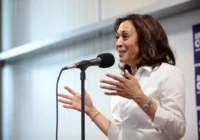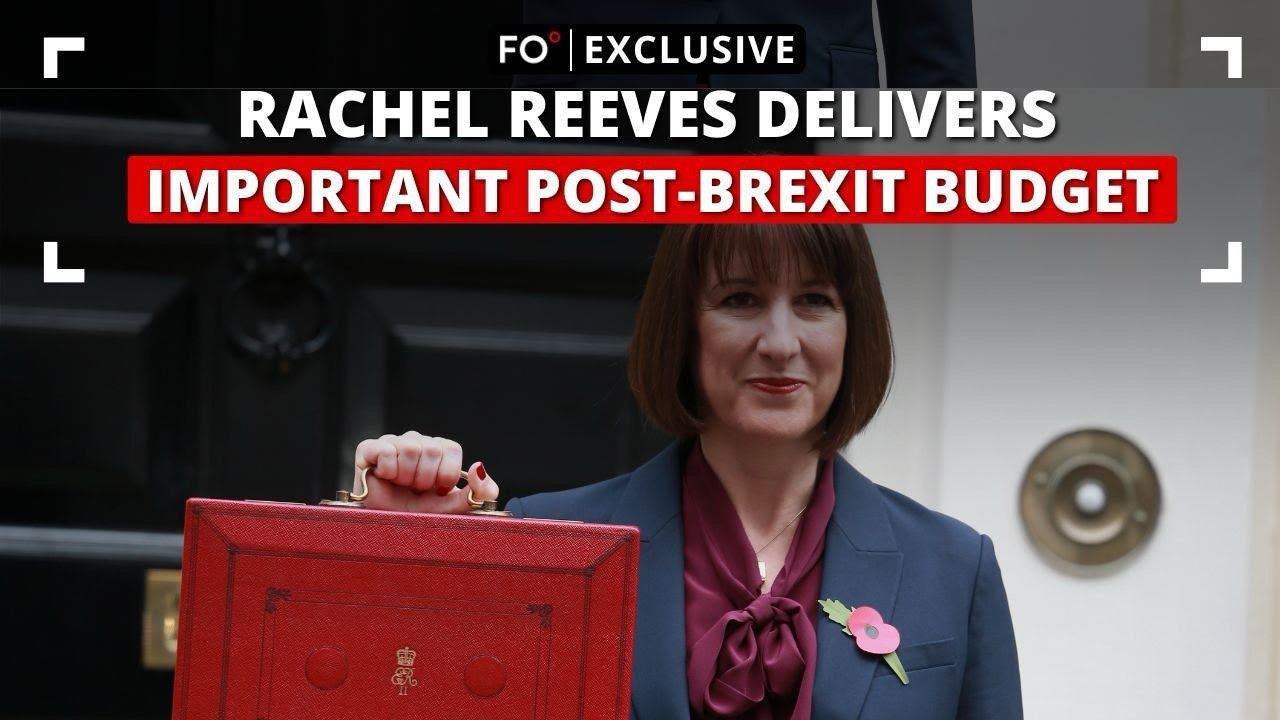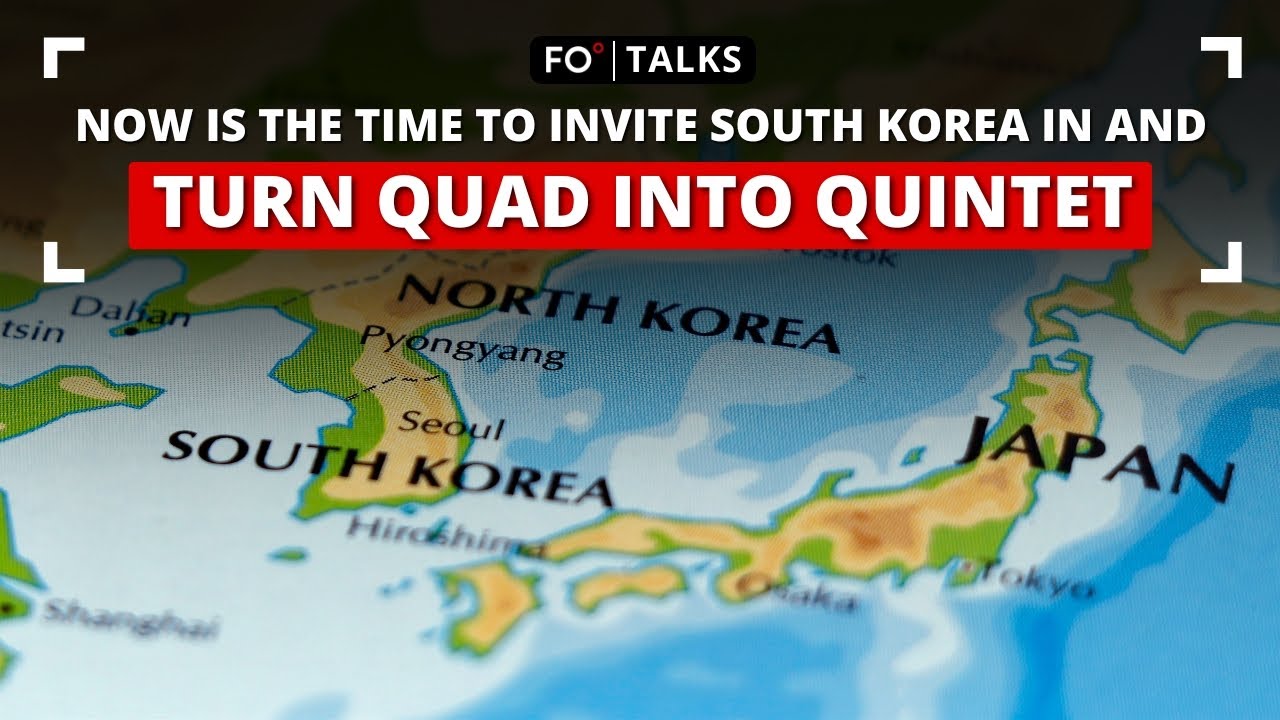If the near-assassination of former US President and Republican candidate Donald Trump did anything, it certainly made him a living martyr. The image of blood streaking his face as he stood, fist raised, against the American flag made his popularity skyrocket. It’s no surprise that Trump secured the candidacy nomination at the Republican National Convention soon after.
However, Trump took a hit in the polls when President Joe Biden withdrew from the race and endorsed Vice President Kamala Harris as the new Democratic candidate. Harris’ replacement of Biden has fundamentally changed the dynamics of the election. A historical shift is happening before the country’s eyes.
Voter psychology is changing
The Marxist theory of base and superstructure can help define the shift. The base includes the modes of production that make up the structure of society. The superstructure refers to concepts not directly related to production — in other words, ideology and beliefs. Both the base and the superstructure continually bolster and maintain one another, and they are cyclically linked.
Harris managed to raise $200 million within eight days of the announcement. She has campaigned on policies different from Biden’s platform. All of this is the base of the election season. The superstructure, on the other hand, manifests in the changing psychological aspects of the voter population based on demographics, geographics and candidate perception.
With only 53% of the US population identifying as white — compared to the 89% at the country’s inception — the symbolism of Harris’ identity motivates different voter groups. She represents several minorities, as she is a black, South Asian-American female. It could be said that her popularity is reflective of democratization — leaders more representative of the voter population have a certain appeal.
Yet despite Harris’ success, Trump still remains popular among large demographics. Why? White, male and Christian populations have become increasingly aware of the shifting caste structure and their own loss of social power. Individuals within these demographics believe the identity of US society and government is at stake. Trump and his Republicans have taken advantage of this. They use racist attacks against Harris and her platform to appeal to the disenfranchised White voters.
The Electoral College might be a hindrance for Harris
While Harris’ entrance into the campaign has already garnered immense support, that support comes from populations geographically centered in already-blue regions. Harris simply gained “Back the Blue” voters previously discouraged by Biden’s campaign. Swing states remain unclear in their support.
Even if Harris wins the popular vote, it doesn’t guarantee a win in the Electoral College. Presidential elections in the US aren’t decided by a national popular vote like they are in France. Rather, US elections are determined by a college of electors from each seat. Every state has as many votes as it has delegates (two senators plus however many representatives) in Congress. Because of this, some states have more votes than their population would suggest.
Wyoming is the most extreme case. It gets three electoral votes because it has two senators and one representative. Yet the state’s 581,000 residents — less than 0.2% of the US population — control all these votes. Thus, a vote in Wyoming is 36 times more influential than a vote in California, where 39 million people control just 54 electoral votes. This means a candidate can win a popular vote but lose the electoral vote, leading to the loss of the presidency.
In practice, most states are reliably red or blue. California will almost certainly elect Harris, and Texas will almost certainly elect Trump, canceling most of California’s influence out. Thus, only a few states where Democrats and Republicans are equally balanced are likely to influence the election. And these states may well have different priorities than the rest of the nation.
A number of these states — Pennsylvania, Michigan and Wisconsin — are in the “Rust Belt,” a former manufacturing zone hit hard by deindustrialization. Trump has been able to capitalize on the disaffection of these working-class voters in the past. It is thus little surprise that Harris has chosen Tim Walz, the Democratic governor of neighboring Minnesota who is popular among factory workers, to be her running mate.
Harris must reshape voter perception of the Democratic party
Narratives and assumptions attributed to a candidate can influence the electoral college as well as the popular vote. People’s perception of Harris has definitely improved the Democrats’ chances in swing states. This is especially true for policy-conscious voters who look at personal rights issues like women’s access to birth control and right to abortion. Harris has vocalized her support for policies that protect them, in line with the majority of Americans.
However, many voters fault Harris for the Biden administration’s poor handling of immigration. Biden had entrusted Harris with addressing the causes of illegal immigration. Illegal immigration, however, surged dramatically. In a televised interview, Harris spectacularly failed to explain herself to the audience, an embarrassment that caused her to retreat for some time from the public eye. As a presidential candidate, this reputation could hurt her chances in more conservative states, especially among laborers who are wary about being undercut by cheap labor from illegal immigrants willing to work below minimum wage.
Harris must change the narrative surrounding immigration, as well as the struggling US economy, if she wishes to secure the presidency. Simple demographics alone will not take any candidate into the White House. The future depends on both campaigns’ abilities to shape the public narrative.
[Cheyenne Torres wrote the first draft of this piece.]
The views expressed in this article/video are the author’s own and do not necessarily reflect Fair Observer’s editorial policy.




































Comment